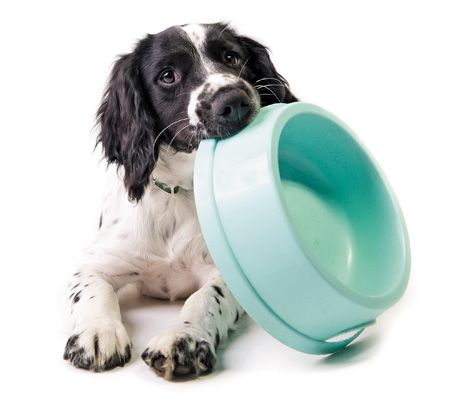When the client says, "Byproducts? Ewww!"
*facepalm* Take a deep breath. OK, good, one more. You've got this. Learn how to be a veterinary nutrition counselor to this misguided "foodie" pet owner.

Getty ImagesThe client says: "The kid in the pet store told me that byproducts are bad! The food you recommend contains byproducts."
How would you respond? Check out the right (and wrong) way to handle this client's concerns.
Don't say: "Geez, that kid at the pet store sounds so wise. Where did he get his veterinary degree?"
Do say: "Pet store employees aren't trained extensively like veterinarians or veterinary technicians, so they may not have a complete picture of what's nutritious for your pet. Byproducts are given a bad name because people might not understand exactly what they are. Byproducts are non-rendered, clean parts of the animal, like the kidney, liver or bone. They're good because they contain essential minerals and nutrients that keep your pet healthy. The idea of eating liver may gross us out, but our pets don't care. Byproducts are important components of pet food and not "filler" at all. Let's take a walk the front desk, where we can read some more pet food labels together and I can show you the food the doctor has recommended today."
Kyle Wendy Skultety, LVT, CVT, is technician supervisor at VCA Twin Rivers in East Windsor, New Jersey.
Veterinary Heroes: Patricia Kennedy Arrington, DVM, CVFP
December 1st 2024As a leader in 24-hour veterinary care and a champion for women in the field, Patricia Kennedy Arrington, DVM, CVFP, has dedicated her 50-year career to transforming veterinary medicine and inspiring future practitioners.
Read More
Veterinary Heroes: Ann E. Hohenhaus, DVM, DACVIM (Oncology, SAIM)
December 1st 2024A trailblazer in small animal internal medicine, Ann E. Hohenhaus, DVM, DACVIM (Oncology, SAIM), has spent decades advancing the profession through clinical expertise, mentorship, and impactful communication.
Read More